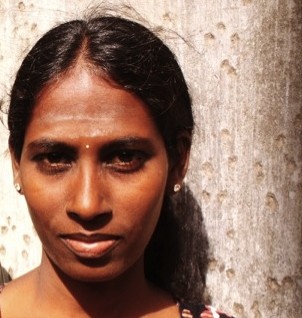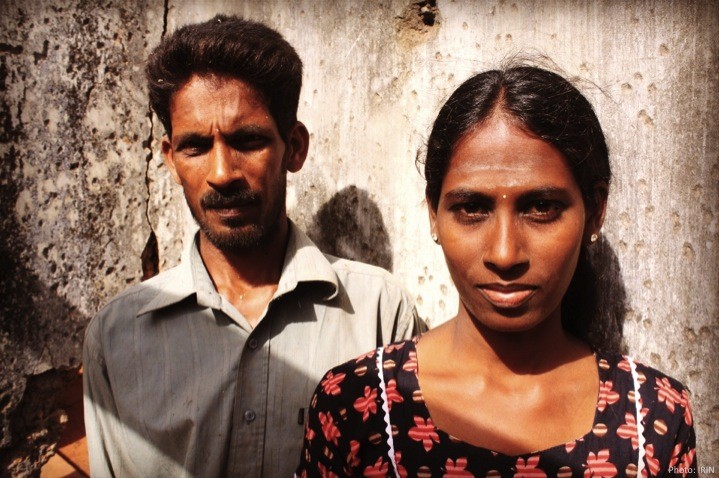[ePrayer – Pray for Justice and Peace in Sri Lanka]
5 years ago, Sri Lankan Government forces overwhelmed the separatist Liberation Tigers of Tamil Eelam (LTTE), ending a brutal civil war that wrought a death toll estimated at about 80,000. But the mayhem-filled final few months of the 26-year-long conflict, and its lingering violence continue to haunt the country, amid accumulating reports of human rights abuses targeting the Tamil minority. Tensions between the Tamils (Hindus by religion) and the Sinhalese (Buddhists) dominated Government date back to 1948 when the island gained independence from Britain. A separatist movement, agitating for a Tamil homeland in the north and east, began in the 1960s. An all-out war exploded in 1983. The LTTE started a violent fight against the Government. In 2009, Government forces launched a major offensive against the LTTE. The LTTE, along with about 300,000 civilians were pushed into ever-decreasing parcels of land. Conditions were dire and the UN estimates that some 40,000 civilians lost their lives. On 17 May 2009, the Government declared victory.
In recent years, the UN Human Rights Council (UNHRC) has twice urged the Government to independently and creditably investigate violations of human rights law. The Government has, however, failed to do so.This March, UNHRC resolved to request the High Commissioner for Human Rights to undertake a comprehensive investigation into alleged abuses of human rights by both parties in Sri Lanka at the end of the war. Sri Lanka has said that it will not cooperate with the investigation.A UN report affirmed that the Government forces shelled civilians indiscriminately during the conflict, indulged in summary executions and committed rape. Since the end of the war, there have been widespread allegations of repression, torture, and a culture of impunity. The Government has flatly rejected such charges.Opponents talk of government surveillance of telephones and emails, and of the omnipresent unmarked “white vans” suspected of being used in abductions.
There are reports of sexual violence against Tamil women detainees. The alleged perpetrators included army personnel and police officers. Available information seems to point to a systematic campaign. Most recently, a report described 40 Tamil refugees who had allegedly been tortured and raped in custody since the end of the war. Half had attempted suicide (Sri Lanka has one of the highest suicide rates in the world—every year, nearly 100,000 people try to take their own life). The perpetrators of the violence had not attempted to hide their identities, adding credence to the notion of impunity.
Underpinning all this is the Government’s continued use of the Prevention of Terrorism Act, which authorizes detaining people for 18 months. Meanwhile, the 2010 amendment to the constitution vastly expanded the powers of the executive. Military men occupy key administrative positions. In terms of its indicators of economic growth and health, Sri Lanka does very well. Literacy rates and immunization coverage are excellent. However, there are persistent health disparities between different regions and ethnic groups for indicators such as maternal mortality and infant nutrition. Health infrastructure in the northern and eastern provinces most affected by the conflict needs urgent restoration. [LANCET#1] [LANCET#2][HRW]
Meditation on Scriptures:
‘He will be gentle to those who are weak, and kind to those who are helpless. He will persist until he causes justice to triumph.’ Matthew 12: 20
Jesus is the protector of human rights and defender for the weak and helpless. He stands in the midst of the forces of darkness to set them free by His radiating light, and to give comfort and support to the defenseless.
Pray for for Justice and Peace in Sri Lanka:
- Pray that UNHRCcan effectively expose the truths about human rights abuses in the country, let more people aware of these violations and give help to the victims;
- Pray that the Sri Lankan Government will stop all violence against the innocent and peacemakers;
- May God give comfort and healing to victims and grant them real peace and protection.

